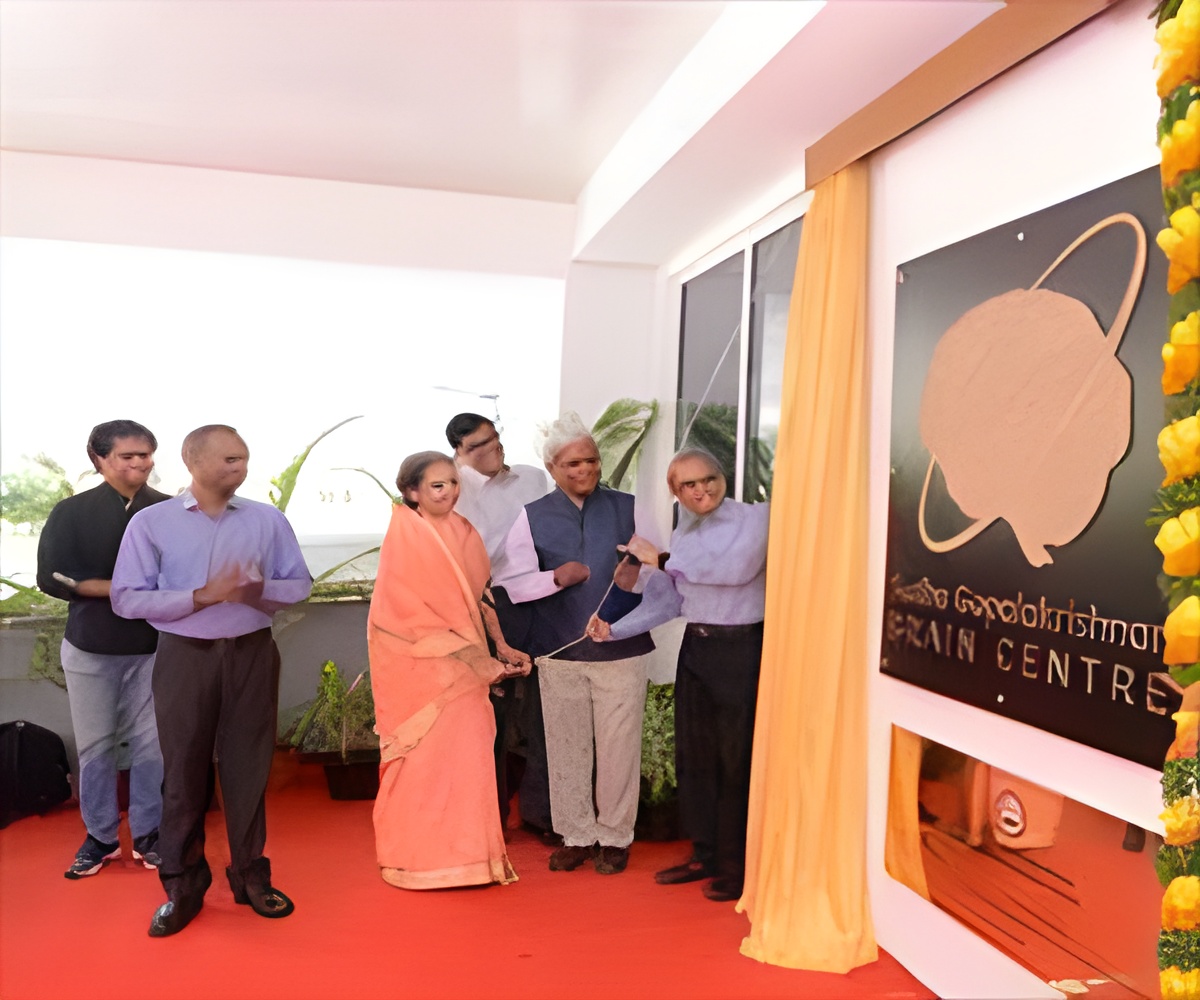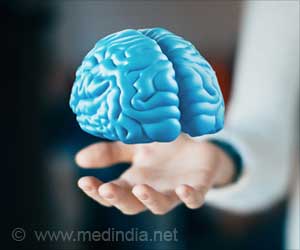Sudha Gopalakrishnan Brain Centre has been launched to map the human brain at the cellular and connectivity.

‘The Brain Research Centre will soon work on 3D digital neuro-anatomy of the human brain, which will help understand neurological disorders better.’





IITM has been ranked No.1 in the 'Overall' Category for the third consecutive year in India Ranking 2021 released by National Institutional Ranking Framework, Ministry of Education, Govt. of India IIT Madras plans to train hundreds of undergraduate and postgraduate students at this centre in neuro-science and computing, machine learning techniques on cutting-edge brain data.
According to a statement, the center is supported by Infosys co-founder Kris Gopalakrishnan and his wife Sudha Gopalakrishnan. Their dedicated efforts in seeding research at IIT Madras at the intersection of Neuroscience and Engineering are now powering this centre in the frontier research area of brain mapping.
Prof. K. Vijay Raghavan, Principal Scientific Adviser to the Government of India, said: "The combination of IIT Madras, which has the expertise in science and data analysis, with medicine is going to be revolutionary.
"Going forward, we have an extraordinary problem in Neuroscience, i.e. on the functioning of human brain. We are at an earlier stage in our understanding of the human brain functioning. The IIT Madras brain center will help in solving complex issues that will benefit the world."
Advertisement
Prof. V. Kamakoti, Director, IIT Madras, said: "The Brain Research Centre is a great case study which proves that technology can contribute to medicine and solve societal problems. The Centre will make deep in-roads in collecting data for brain research."
Advertisement
The center will also work on 3D digital neuro-anatomy of the postmortem human brain with cellular resolution. This is a field with great potential for scientific discovery and also for the understanding of neurological disorders.
The unique data sets being generated here promise to be widely impactful through open sharing with an international research community.
Source-IANS














